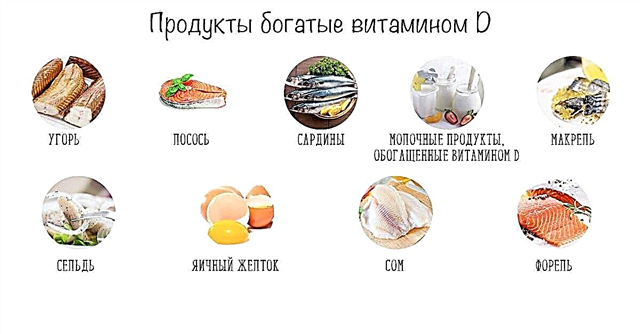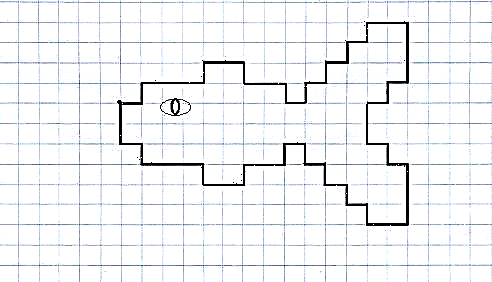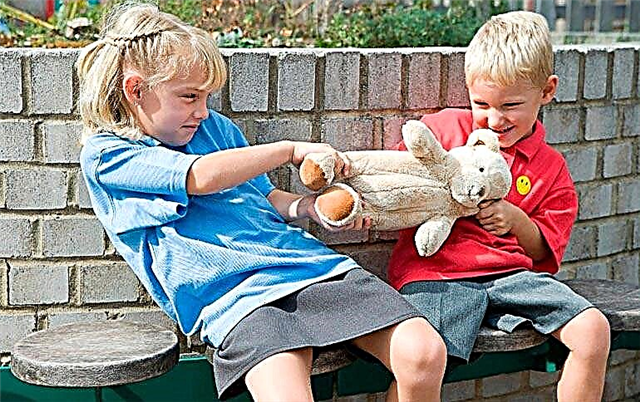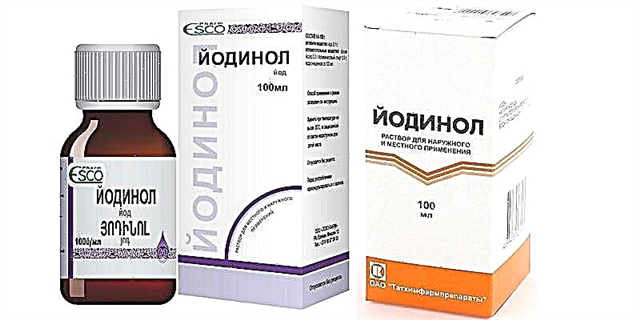Good quality nutrition should be your constant concern throughout your pregnancy. What substances are especially necessary for the baby growing inside you, and in what products are they contained? Be sure to eat these foods to have a healthy baby!
The second trimester of pregnancy is the quietest. Your belly is not yet so big that you feel uncomfortable with it: it does not pull and does not interfere with your sleep. And most importantly, at this time, the symptoms of early toxicosis cease to bother you. Morning sickness is over, and your appetite returns. During pregnancy, you should eat well for two: there are foods that are healthy for you and your baby, rich in vitamins and minerals, so that the baby develops well and is born healthy.

The mechanisms that protect a person in adulthood from various diseases are largely the result of proper intrauterine nutrition. Without what microelements the menu of a pregnant woman will be incomplete?
During the second trimester of pregnancy, be sure to include in your diet foods that contain magnesium and vitamin D, which are important for your health and the proper development of your baby.
Magnesium

By the second trimester, when the baby's bones begin to grow more intensively, magnesium becomes especially relevant. This trace element is important for the growth and development of the child's bone tissue. It provides a balance between calcium, sodium and potassium - elements that play a leading role in intrauterine development. Normal growth, weight and head volume of a newborn will largely depend on the absence of magnesium deficiency.
Magnesium will be useful not only for your child, but also for you, as it has a beneficial effect on the condition of the muscles of the uterus. In the third trimester, the use of magnesium is no longer so relevant, but in the second it is necessary.
One of the best sources of magnesium is watermelon. The only pity is that it is impossible to eat it all year round. A watermelon bought out of season can be dangerous due to its nitrate content. Other sources of magnesium are cereals, whole grain breads, figs, green vegetables, bananas, almonds, and nuts.
Magnesium content table in food


Table of magnesium content in vegetables and fruits


Vitamin D

Vitamin D is needed to prevent rickets in a child. The use of vitamin D in the second trimester of pregnancy is all the more important because the baby in your body has already formed.
The main source of vitamin D is the sun's rays (it is under their influence that it is produced in the skin), so walk more often in the fresh air.
Vitamin D is found in a number of foods: egg yolk, milk and dairy products. Most of all it is in fish: sardines, herring, salmon. Fish is also rich in iodine and contains omega-3 fatty acids. These elements are important for a child as they have a positive effect on the development of the brain and the quality of vision. Iodine deficiency can lead to a delay in the physical and mental development of the child. Lack of omega-3 acids leads to a decrease in the tone of the blood vessels in both you and your baby.

- TOP-5 irreplaceable foods in the diet of pregnant women
- TOP 6 harmful products for pregnant women
- Balanced diet of a pregnant woman
How the mother eats during pregnancy will affect not only the development of the baby before birth, but also his entire subsequent life. This is why a pregnant woman's diet should be different from her usual diet.



